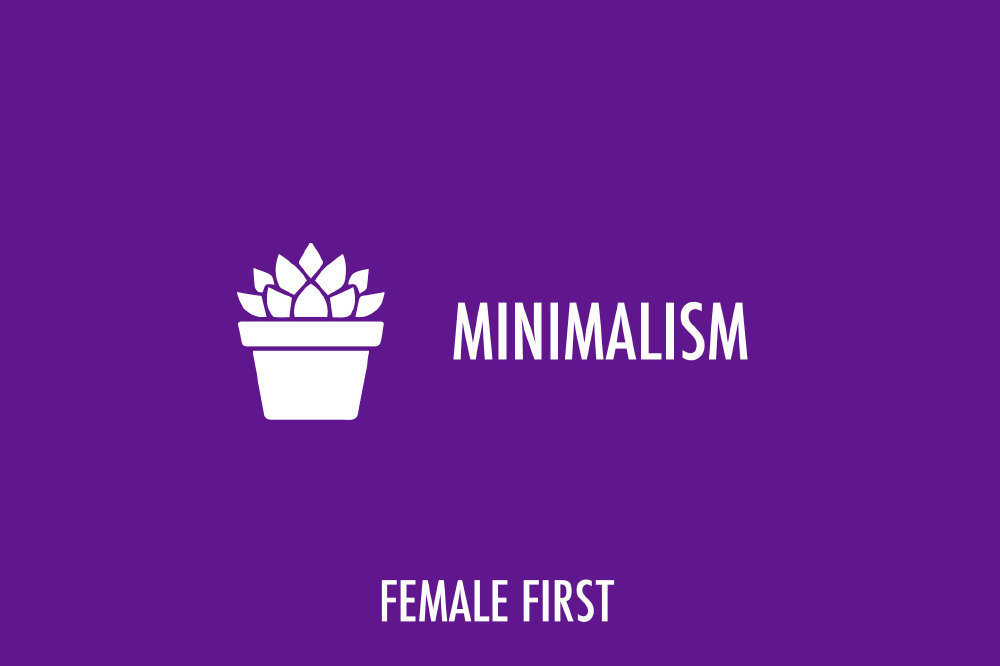Hobby equipment can be one of the most difficult sections of your home to declutter because it involves getting rid of past selves. People we used to be and identities we previously celebrated that we cling onto even if we aren’t really that person anymore. So if you struggle with this area of your space, here are some tips to help you figure out what’s relevant and what’s not.

Image courtesy of Pixabay
Take note of the way you feel when you hold something: If you pick up your golf clubs do they make you feel excited for the next time you will use them or burdened by the cost of the club membership? When you take your tennis racket out of it’s holder do you feel eager to get back on the court or would you rather do something else? This instant reaction or gut feeling should help you to figure out if it’s something you actually enjoy or endure.
Try to remember the last time you used it: Take your swimming costume for instance- when was the last time you wore it? Has it been so long because of circumstances out of your control or did you not enjoy the experience the last time you went for a swim? Has your camera been sitting in a drawer for months or years because you find the process of charging it, remembering to take it out and editing the pictures afterwards too time consuming? If you haven’t used this hobby item in a while, chances are you haven’t reached for it because you have bad memories attached to it or you aren’t willing to dedicate the time to it.
Consider where you store your hobby equipment: Hobby items you like and use will be in easy reach, whereas those you don’t will be located in the loft or garage where you rarely go. If you truly care about something, you keep it close and you take care of it. Something that is put in the attic or basement and could be spoiled by damp or cold air probably doesn’t rank high on your list of priorities. The books by your bed and the bike in the hall on the other hand tell you what you need to hand and use often.
Ask yourself if the hobby item is for your fantasy self: Sometimes we have aspirations about who we would like to be. For example, you may want to take up yoga and be the person who gets up at 6am every morning, puts on their lycra pants and does an hour’s session before starting the day. Sadly, in the whole time you have had the mat, the activewear and the workout DVD, you have done this precisely once. Your fantasy self might do yoga but your actual self would rather stay in bed. If this is the case, accept who you are and pick a hobby that suits your personal alarm clock.
Ask yourself why you liked the hobby in the first place: Be brutally honest with yourself! Was it the actual activity or the social aspect? Did you enjoy the hobby or the reaction people had when you told them that is how you spent your spare time? Did you relish the challenge or wanted to be favoured by a specific group of people? Do you prefer being in the outdoors in the daytime rather than sleeping in the outdoors? People get into hobbies for all sorts of reasons and if they don’t make any sense to you now, it’s time to part with the things associated with each one.
Get honest with other people: Did you feel pressured into this hobby by others? Perhaps your entire family enjoys doing a hobby that you secretly loathe. Maybe your partner loves to do something and you went along with it to impress them but now you’ve been together a while, you feel comfortable telling them the truth. If you were doing a hobby for the sake of someone you care about, it may be time to tell them how you really feel- that you would rather do something- anything else! And that’s ok- having different hobbies inspires fresh conversations and the chance to meet new people.
Write a list of hobbies you like and those you don’t: Reinforce the point by putting pen to paper. The ‘like’ list will probably be a lot shorter than the ‘dislike’ list- and there’s nothing wrong with that because you can dedicate more of your time to these things. Anything on the ‘dislike’ list and the equipment that goes along with it can go- you have it there in black and white so there’s no excuse to hold onto things you know you won’t use.
RELATED: Minimalism: Seven reasons to keep a permanent donation box in your home
Many organisational experts champion the benefits of having an ongoing donation box, usually in your bedroom, or another location in your home to help keep it clutter free. While it may take up a small amount of space in your house, it will save you lots in the long term, here’s why…to read more click HERE

Tagged in Minimalism Declutter

